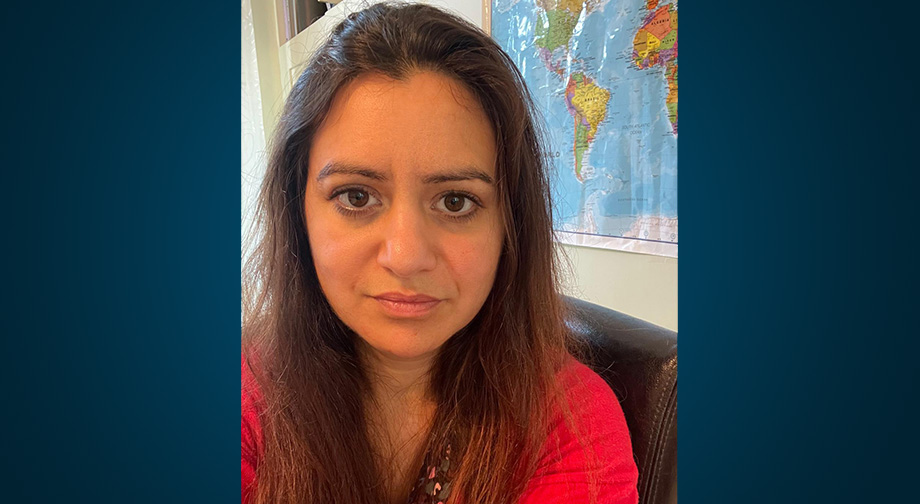My experience
I was diagnosed with epilepsy at 18, just two weeks before starting university. The first thing I did was to pretend to myself that it made no difference to my life. However, I found that it almost instantly made me a stranger to family and friends, which baffled me. I was surrounded my people who did not know what I was going through. I felt misunderstood and unsupported for years by everyone around me. It was frustrating and upsetting to deal with ignorance and discrimination (and it still is today). I struggled educationally, socially and in the jobs market and I couldn’t understand why. I kept on comparing myself to people without disabilities and wondering why my life seemed to go nowhere. I look back now and realise how little I understood about my condition.

Attitudes from society in my twenties
In my twenties I found myself isolated and feeling very different to everyone around me. I feel sad about the coldness I experienced from people and it is no wonder why I felt the need to hide who I was from the public. Objectives I set out for myself to have an independent life seemed incredibly hard to attain. However, very slowly, I did manage to get a paying job (at 24), move out from my parents, get married, and start a family.
Meeting others and helping setup the Epilepsy Community
I don’t think I understood how my condition affected my life properly until I met other people living with epilepsy, twenty years after being diagnosed. It was such a relief to share stories with others about having seizures as well as dealing with discrimination and prejudice from society. I realised how much harder epilepsy had made my life – living with side effects of medication and functioning in a society which doesn’t understand epilepsy and its impacts on forming relationships, developing a career, living arrangements, and restrictions it places on your lifestyle.
If I had met these people at 18 and had built that support network, I think my journey through my adult life would have been much easier and I would have more confidence and self-compassion.This is why I want to create opportunities for people with epilepsy to meet others like themselves, so they don’t have to suffer alone and can find help and support for issues they are facing in life.
Yasmin
